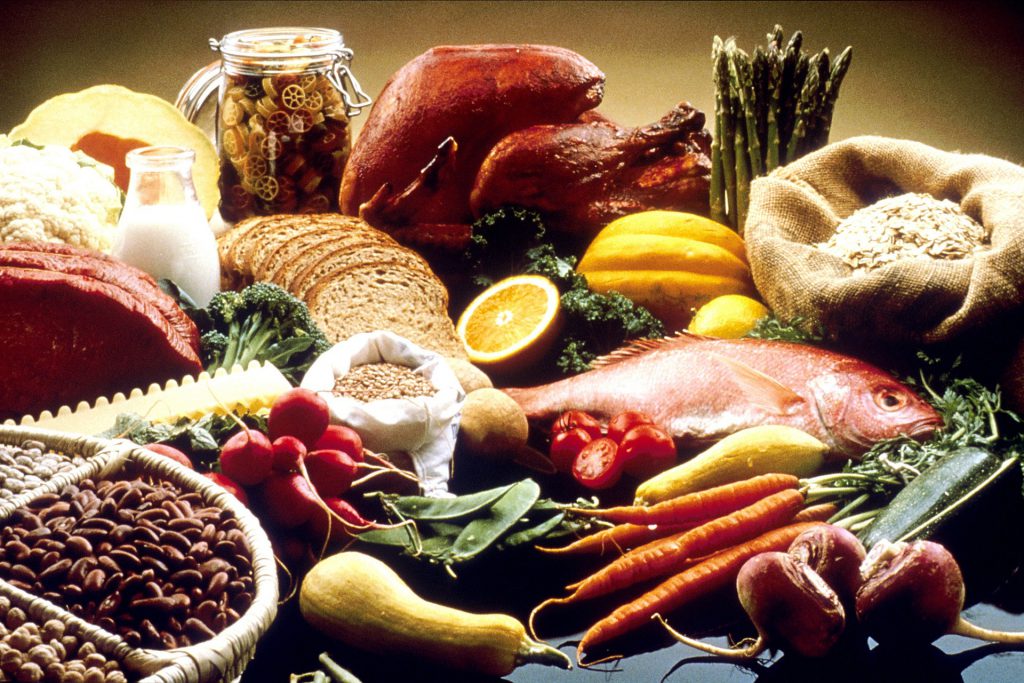
It is exam time and all you care about is your grades. You want the best possible scores and in order to achieve this you study very hard. During this period you do not pay attention to what you eat or you eat unhealthy intentionally. Many students during their exams consume junk food, chocolates, and energy drinks. They think that by loading their caloric intake they will increase their energy levels. This misconception is not only harmful to your long-term health, but also damaging to your exam performance.
Junk food is considered any food high in calories, fat, cholesterol, sodium or sugar with a low nutritional value. This food is offered fast and at a low cost but has many side effects such as:
- Fatigue: These foods are deficient of proteins, vitamins and minerals.
- Brain impairment: Consuming too much fatty and sweetened food increases the insulin levels, which in turn stops the brain from responding to the hormone slowing down its functions. This diet also causes high blood pressure and cholesterol that disrupts the blood supply to the brain. Both junk food effects impair our memory and normal brain functioning.
- Health effects: High blood pressure, obesity, diabetes, digestion issues, depression, and insomnia.
As junk food is harmful to your long-term health, and has negative effects to your exam performance there are some very healthy alternatives. These are foods that not only improve your health, but also your performance during the exams. Below we have listed some foods that can help you deal with your exams:

- Oily fish: Salmon, trout and sardines are rich in essential fatty acids (EFAs), especially omega-3 fats that occurs naturally in oily fish. Omega-3 fats are important for healthy brain function, the heart, joints, and our general well-being. During exams it will help you with memory loss and managing stress.
- Whole grains: Brown bread, rice, and cereal are some great whole grain options. The brain requires energy to work, the brain’s energy is in the form of glucose. A very good source of glucose, whole grains release glucose slowly into the bloodstream, keeping your brain functioning throughout the day.
- Fruits: A good source of naturally occurring sugars rich in vitamins and antioxidants. Fruits can help you retain your energy levels while some fruits such as blueberries may help boost your short term memory.
- Eggs: Rich in protein and vitamins B, eggs can be of great use. Vitamin B-12 helps convert glucose to energy, while vitamin B-12, B-6 and folic acid maintain good brain functioning, and limit brain shrinkage.
- Green leafy vegetables: Kale, spinach, broccoli are just a few of the leafy greens that are a vital source of vitamins. All dark greens are rich in vitamin K, which help with brain functioning. Some of these leafy vegetables are also rich in vitamin B-6 and B-12.
These foods are considered great sources of the nutrients the brain and the body need in order to function optimally. This list is not exhaustive of the many healthy alternatives to junk food. There are many more foods that we could have included in this list, some of them are: dark chocolate, seeds, nuts, and tea. It is also imperative to consume healthy doses of water since it regulates many of our functions. At AGF Tutoring we have our own accredited nutritionist that can help you plan your diet during exams or any other intensive period.



 Skype
Skype Messenger
Messenger Viber
Viber Contact form
Contact form





